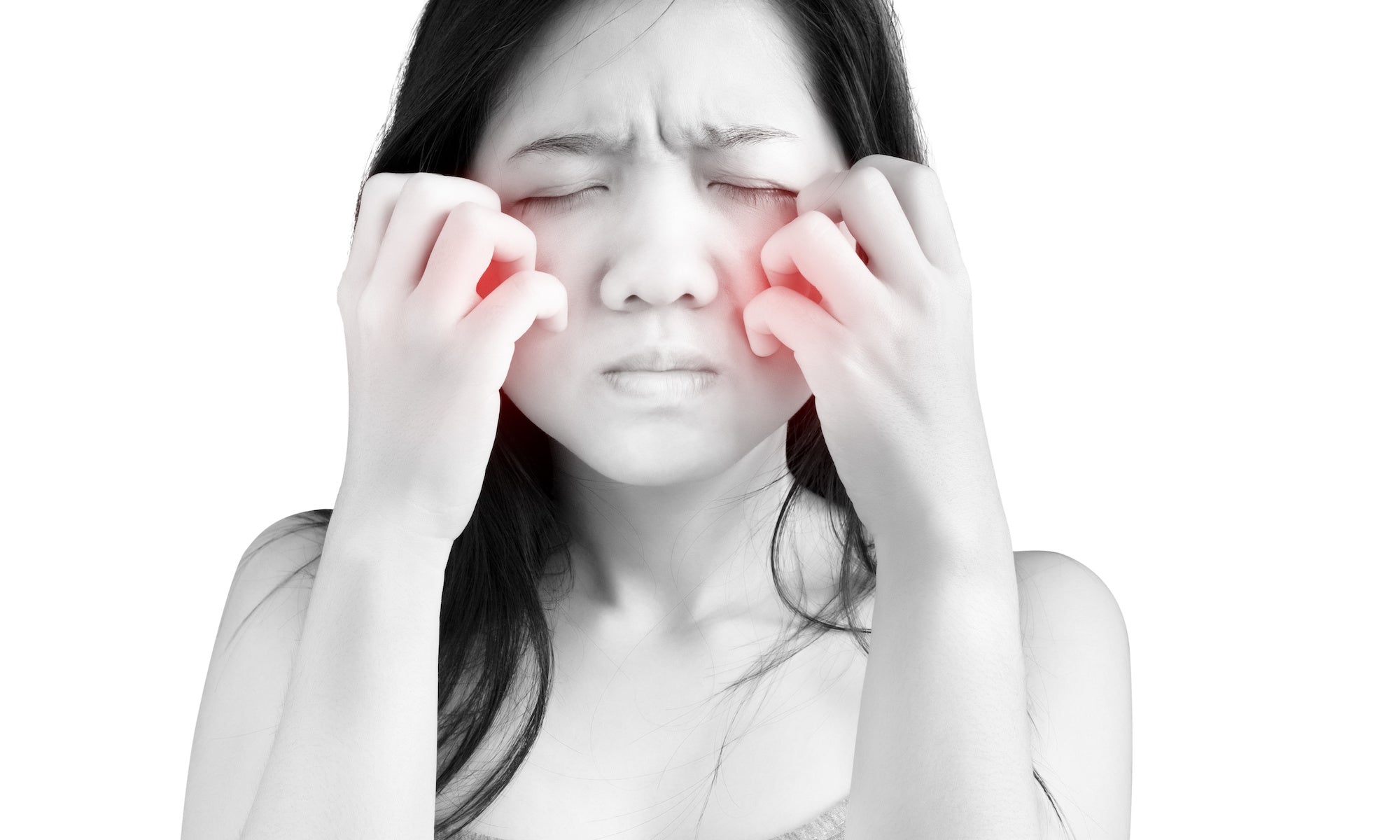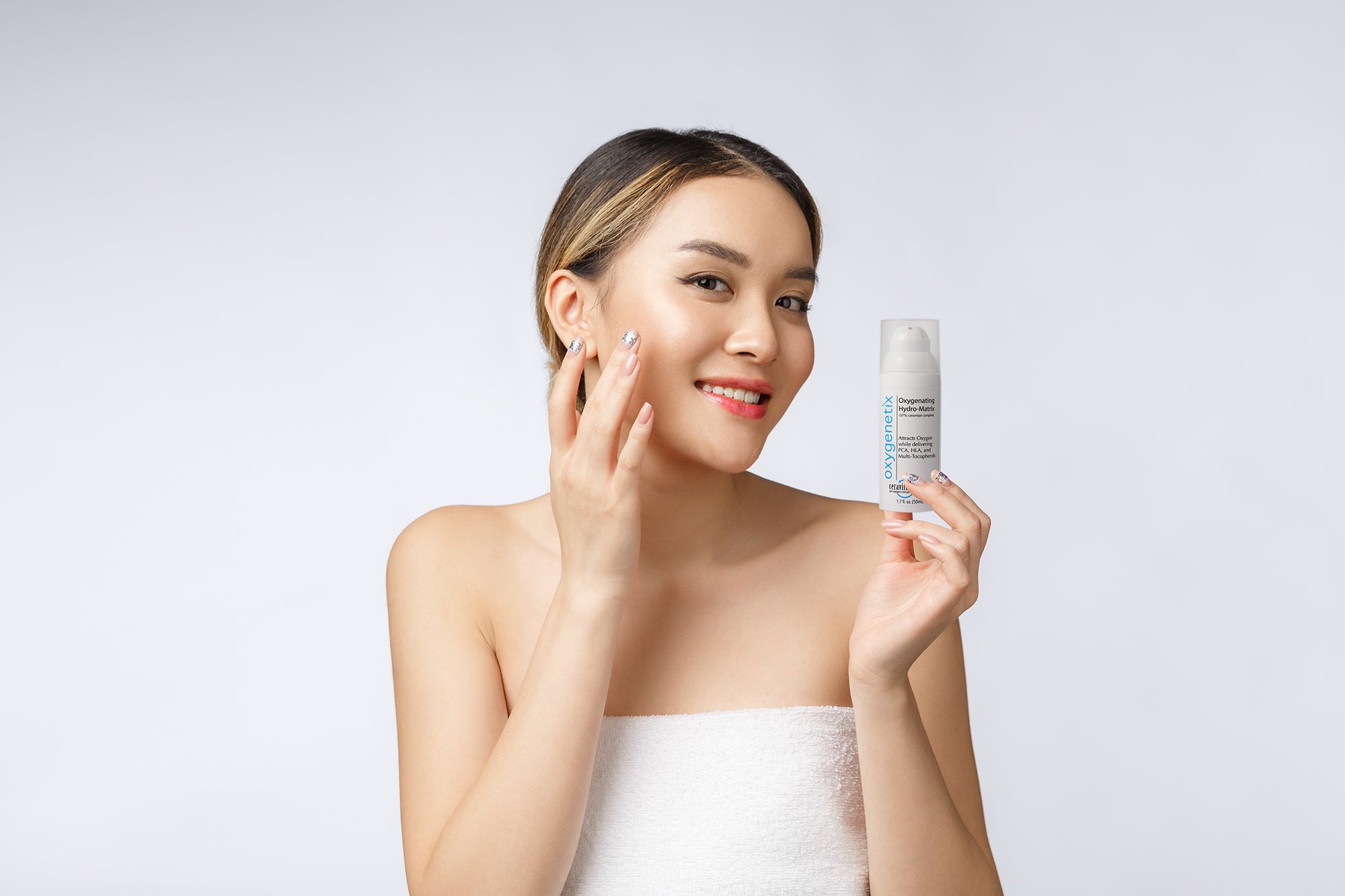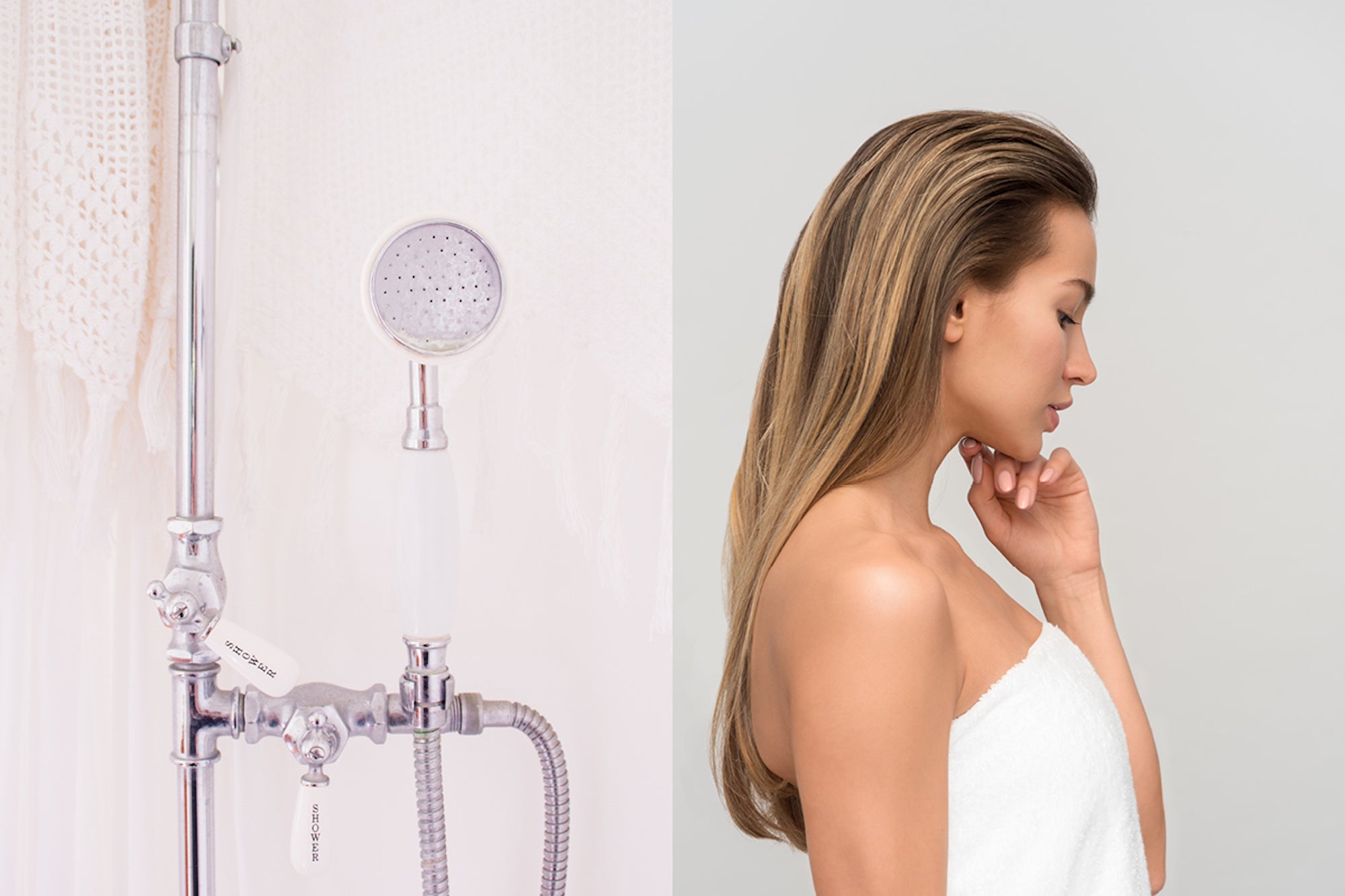
Are You Allergic to Your Makeup?
“Beauty, to me, is about being comfortable in your own skin. That, or a kick-ass red lipstick.” -Gwyneth Paltrow.
“I love the confidence that makeup gives me.” - Tyra Banks.
It could be stated that a common thread between women is wrapped up in the age-old saying, “Makeup is a girl's best friend.” We turn to makeup to enhance our beauty day in and day out, but what happens when our makeup suddenly turns on us?
Not all cosmetics are made equal. Some ingredients can cause skin irritation and in severe cases, allergic reactions. Continue reading to find out if you are allergic to your makeup and what you can do about it.
Cosmetic Allergy Symptoms
Cosmetic allergies should not be confused with other skin conditions that may cause dry, flaky skin or acne flare-ups. Although skin conditions may worsen with exposure to chemicals in cosmetics, there are certain symptoms that differentiate an irritation from an allergy.
If you are experiencing any of the following symptoms you may be suffering from an allergic reaction to a cosmetic or skin care product you are currently using:
- hives
- redness
- rash without clearly defined edges
- itchiness
- inflamed skin
- small blisters in some cases [4]
Symptoms at first will affect only the areas that came in direct contact with the cosmetic product but sometimes also later appear in other parts of the body as well. [1] Common places cosmetic allergy symptoms show up are the hands and fingers, the face, and the neck. The eyelids and lips are especially vulnerable as the skin are more delicate in these areas. [2]
How severe the allergy will depend on how long the cosmetic was on the skin and the genetic disposition of the person affected. Some skin types are more sensitive and prone to allergic reaction than others.
It is also important to note that sometimes it isn’t until long exposure to an allergen that reactions appear. Kathleen Dass adds, “One of the most important things to know about contact dermatitis, which also makes it the most challenging, is that the reaction does not always appear right away. Sometimes, you can be using the products for weeks, months or even years before you start having symptoms.” [2]
How to Treat a Cosmetic Allergy
The Derm Review's Guide to Skin Allergies explains that there are a number of different types of skin allergies. "They include hives, eczema, and dermatitis. Each of the types of allergies have distinctive symptoms and need to be treated differently." [5]
1. Play Detective
First of all, it is important to figure out what product is causing an allergic reaction. Symptoms of contact dermatitis should clear up quickly once there is no more exposure. Play detective by performing patch tests on your inner arm with small amounts of product from suspected cosmetics and leave it there for 24 to 48 hours.[1]
2. Antihistamines
Antihistamines can be taken before contact with a known allergen as a preventative as well as to alleviate symptoms during a reaction. Antihistamines reduce the swelling, redness, and itchiness of rashes and hives on the face. They can also help with symptoms, such as watering eyes, stuffy nose, and breathing difficulty. [4]
3. Over the Counter Creams & Ointments
Vanessa Ngan of DermNet states that there are over-the-counter mild topical steroids such as hydrocortisone cream and ointments that help mediate allergy symptoms such as itchiness, redness, and swelling.[3] Using a cold compress in conjunction with a topical to reduce swelling and soothe the area.
4. See a Doctor for Severe Reactions
Seek medical attention if problems persist or if the allergic reaction is severe.
More severe allergic reactions are tight, painful, and are often filled with pus-like substance. In this case, the reaction is most likely a bacterial infection, requiring immediate medical attention and a prescription for a steroid cream and/or antibiotic.
“Speak to a doctor for severe, worsening, or recurring allergies. A very severe reaction could be a sign of anaphylaxis, which requires emergency medical attention,” adds Medical News Today.[4]
How to Prevent Cosmetic Allergies
Avoid ingredients in cosmetics and skincare products that are irritating to your skin. Look for labels such as “hypoallergenic”, “sensitivity tested”, “paraben-free”, “phthalate-free”, “non-comedogenic” and “fragrance-free”. Read our article about why ‘Fragrance-Free is the Way to Be’ to learn more about harmful fragrances in cosmetics and how to avoid them.
When introducing a new product into your skincare or makeup routine, perform a patch test on your inner arm before applying to your entire face. Wash your hands thoroughly, or avoid contact with your fingers to avoid spreading a potential allergen.
Be confident in knowing your Oxygenetix breathable topicals are hypo-allergenic, non-comedogenic, and dermatologist approved for even the most sensitive skin. Oxygenetix products are Aloe Vera Barbadensis based, omitting the need for bases that require preservatives which irritate sensitive skin. If you are suffering from an allergic reaction to a cosmetic, the patented Ceravitae® in Oxygenetix will help the skin access needed oxygen while the buildable Oxygenating Foundation will cover up any redness you may be experiencing. With Oxygenetix award-winning breathable technology, you will quickly get back to feeling and looking your best!
Thank you for reading our blog today.
Sources:


Leave a comment
This site is protected by hCaptcha and the hCaptcha Privacy Policy and Terms of Service apply.